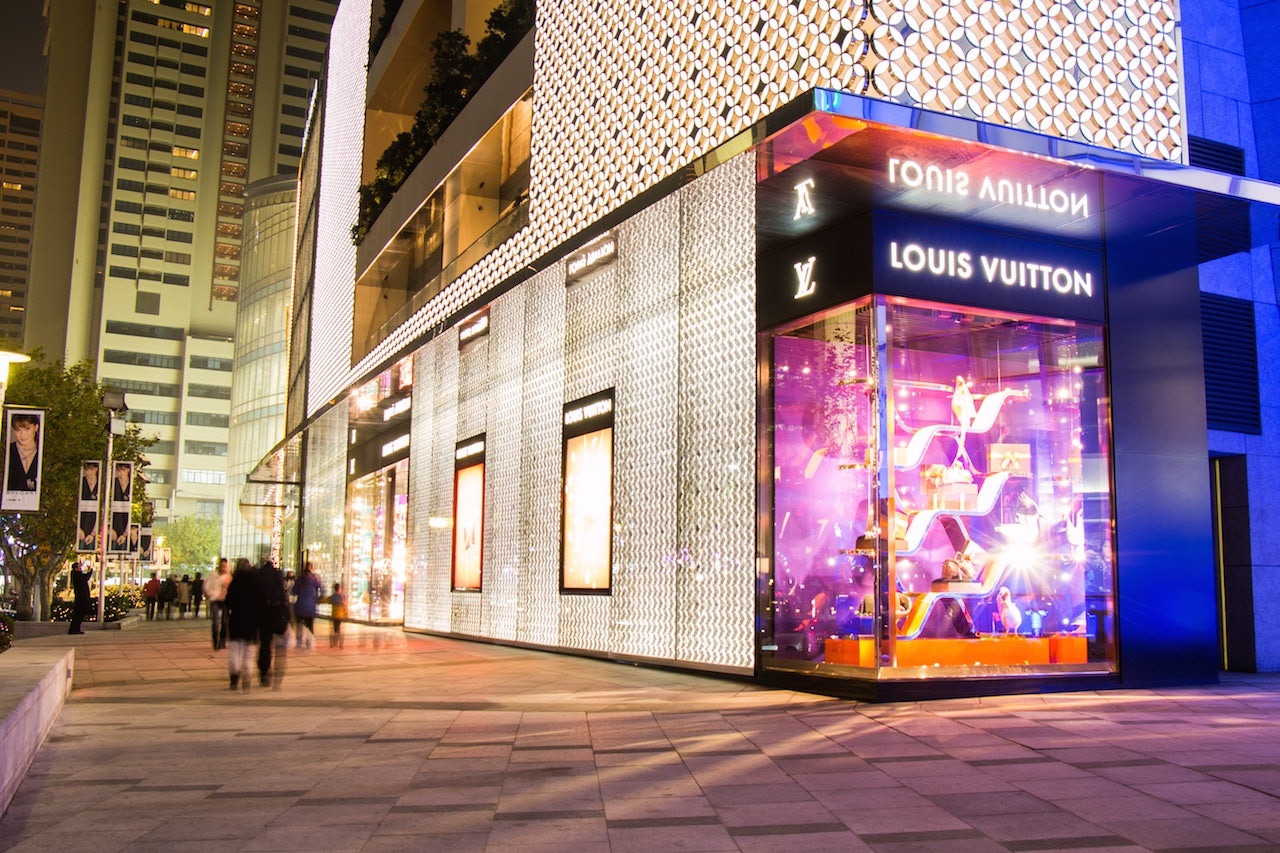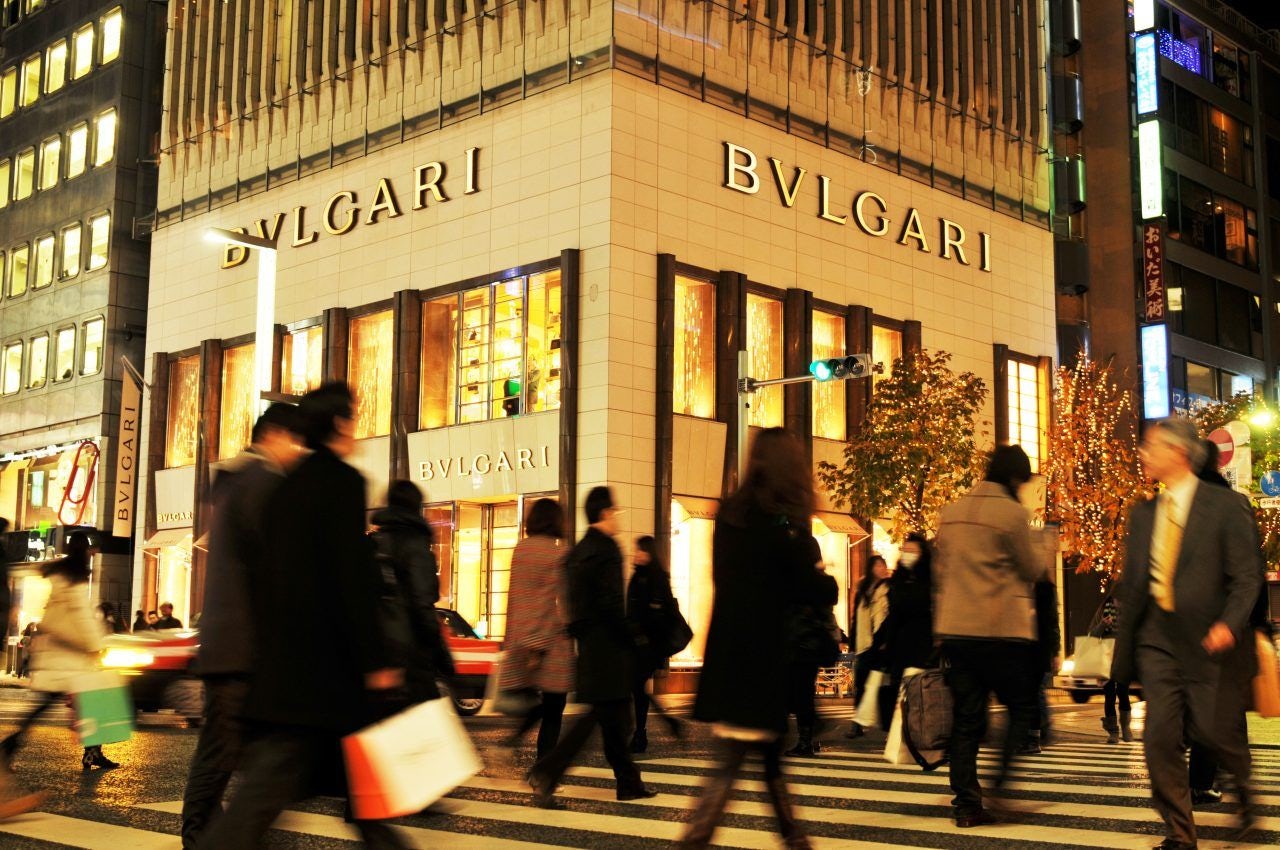The luxury conglomerate LVMH has recorded a whopping 21 percent revenue jump in Asia in the third quarter of this year, with the mainland China market growing more than 30 percent, its latest financial earnings report shows.
According to Jean-Jacques Guiony, chief financial officer (CFO) of the group, the depreciation of Chinese currency against the greenback was the major reason for the rapid growth.
“The main [reason] being that the strength of the dollar [causes the weakness] in the renminbi and the Hong Kong dollar," Guiony said. "[An] increasing part of the business is done at home or is done domestically, with the interest of shopping abroad diminishing compared to what it was 18 months ago. So it’s something that we’ve seen for some time."
Currently, 60 percent of LVMH's Chinese customer base (a group of which makes up 30 percent of the company's total consumers) still purchases luxury items overseas. However, Guiony believes the shifting consumption behavior of buying at home from abroad is set to strengthen in the near future, which will continue to benefit the region's business.
Guiony's prediction is in line with findings from Bain & Company's latest report “China and Chinese Customers in the Global Luxury Goods Market”. The report showed that wealthy Chinese consumers increasingly prefer to buy luxury products in the home market, driven by the fact that the price of some goods is relatively lower in China now.
Going forward, a sophisticated e-commerce and online-to-offline (O2O) strategy in China being developed by LVMH is poised to better serve the need of Chinese consumers who now increasingly consume luxury products at home.
In July this year, Louis Vuitton, LVMH’s star luxury brand under its portfolio, opened its first-ever Chinese e-commerce store, offering a full range of luxury products to Chinese online shoppers: handbags, shoes, ready-to-wear apparel, perfume and jewels.
The e-commerce platform is currently accessible to residents in 12 cities including Beijing, Shanghai, Chongqing and Guangzhou—the brand plans to include more cities in the future. The e-commerce store allows consumers in second- and third-tier cities which typically have no flagship store, to purchase products directly from the brand.
Guiony also recognized the importance of linking online to offline (O2O) business. The ability to provide a seamless O2O shopping environment is much expected by digitally-savvy Chinese luxury customers who place a strong emphasis on the experience nowadays.
"And within few months, if not [a] year, but probably few months or few quarters, Vuitton should be in a position to really define a full omnichannel proposition to its clients in all its stores, which is not totally the case today," he said.
LVMH seems to have a solid understanding of how to serve Chinese luxury shoppers. However, it is also important to consider the power of Chinese travelers—the wealthiest set of Chinese luxury consumers still enjoy buying products when they are traveling abroad, as pointed out by Bain & Company. The shopping experience is deemed by the group as more satisfying than what they receive at home, in terms of product assortment, in-store experience, and customer service.


